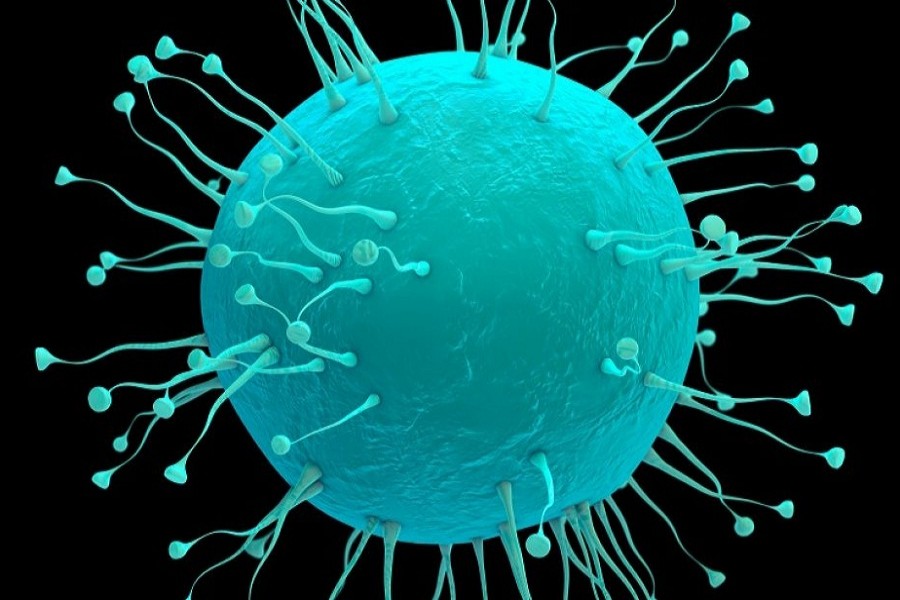Nipah virus is zoonotic, spreading from infected animals to humans. The animal host is usually fruit bats foraging trees producing ripe fruits, and drinking from the sap collection containers. The virus can spread directly from the animal or through contaminated food/fruits. Once the outbreak starts, human-to-human transmission could take place. The spectrum of disease can range from an asymptomatic/mild illness to death.
Nipah virus has an incubation period of 4-14 days. Initially, there will be a fever with a headache. Some patients may present with breathlessness, sore throat, cough or other respiratory problems. In more serious cases, the patient develops brain inflammation or encephalitis. At this stage, there is disorientation and diminished cognitive functions; in extreme cases, patients may slip into a coma.
The prognosis is not always bleak. Many people can recover fully from brain inflammation, but long-term neurological issues may persist in about 20 per cent of cases, including periodic bouts of seizures or even personality alteration. Some people may have encephalitis again.
Nipah is not a new virus. It was identified as a cause of human encephalitis more than 30 years ago when there was an outbreak in Malaysia and Singapore. It started in pig farms as an outbreak of severe respiratory disease. There were 300 human cases with almost a hundred deaths.
Bangladesh first saw Nipah in 2001, when several cases of fever with seizures were reported from the Meherpur district. There were nine deaths. The pattern repeated within two years in two other villages with ten fatalities. Since then, it has become almost an annual occurrence in some parts of our country, claiming more than 200 lives. During these outbreaks, the virus was found to be circulating from one person to another by body secretions or excretions.
Recently Nipah has reared its ugly head again. In the last week of January, the government confirmed reports of at least eight Nipah virus infections, including five deaths. It is postulated that the infection started when people drank date juice directly from the tree. The assumption is the juice was already infected by bat faeces or saliva carrying the virus.
There is currently no drug or vaccine against the Nipah virus. So, the treatment is entirely supportive, relying on the patient’s immune system to fight it off. In severe cases, ICU support may be needed, which is difficult to provide in remote areas, and many people cannot afford it. Therefore, the best recourse for us is to create awareness of the infection.
People should be educated about the virus and how it is transmitted, so they can take appropriate steps to minimise the risks of exposure. For example, fruits should be eaten only after washing and peeling properly; hand washing and personal hygiene measures should be followed.


